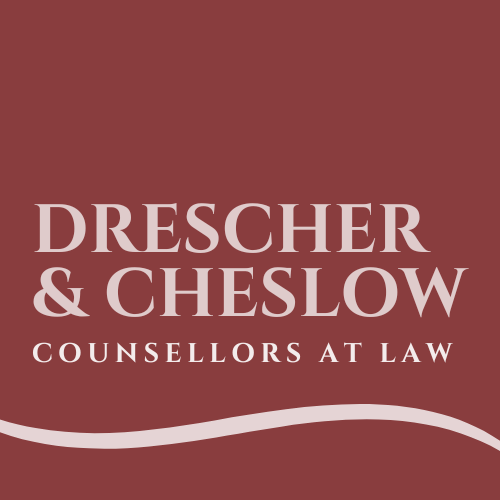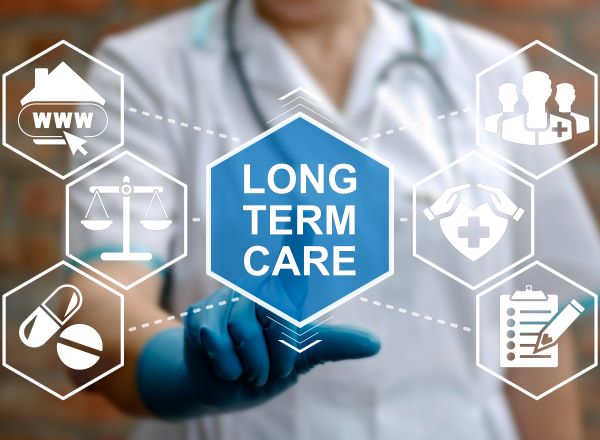On May 11, 2023, the Covid Public Health Emergency (PHE) was formally ended by the…

How to Deal with PTSD
Post-Traumatic Stress Disorder (PTSD) is a medical condition where the body experiences difficulty coping with severe stress. There are many triggers, but it is commonly diagnosed in combat Veterans. PTSD can also be caused by witnessing or living through shocking events such as accidents or crimes.
In order to know how to deal with a loved one with PTSD, it is important to understand the symptoms. Symptoms can vary in length, intensity, and may even come and go. Veterans and others who suffer from PTSD may experience some or all of the symptoms. Sleeping issues are commonly associated with PTSD. This may come in the form of insomnia or nightmares. Flashbacks of the traumatic event may be experienced. In addition, panic attacks or extreme anger may be symptoms of PTSD. Others may experience depression and suicidal thoughts and may withdraw from their loved ones altogether. There is often shame and guilt that the PTSD sufferer experiences. So how can family, friends, and caregivers help?
Encourage Your Loved One to Get Treatment
After a loved one has been diagnosed with PTSD, it is important that they seek a treatment plan. It often takes time to get the right treatment for the individual with PTSD. It is important to find a doctor who has experience in treating PTSD. For Veterans, the Department of Veterans Affairs can be helpful in connecting the Veteran with an experienced doctor. Counseling is an option for treatment, as well as medication. The symptoms of PTSD may not completely be eradicated with treatment and it may be necessary to try various treatments.
Learn Your Loved One’s PTSD Triggers
Veterans and other individuals suffering from PTSD often have triggers or something that makes their symptoms worse, like loud noises. If your loved one suffers from PTSD, it is important for those around him or her to learn what those triggers are. Avoiding triggers is optimal, but not always possible. Learning to cope with triggers is one way to help the PTSD sufferer.
Encourage Your Loved One to Stay Connected
Isolation and withdrawing from others is a common occurrence with PTSD sufferers. Although some time alone is fine, find ways to encourage your loved one to avoid isolation. Encourage them to spend time with and keep in touch with friends and family. When your loved one wishes to talk, be available to listen. If possible, find a support group for your loved one. This allows them to find a place where they can be with others who may be experiencing the same symptoms, a safe place to open up, and may help them to feel as though they are not alone.
Know Where to Get Help for Your Loved One
Often other issues arise when a person suffers from PTSD, such as uncontrollable anger, drug and alcohol abuse, and suicidal thoughts. It is important to be keenly aware of these things and to take them seriously. If a person with PTSD becomes angry, have a plan for a time out and don’t try to reason with them when they are angry. Encourage healthy habits and calm ways to deal with anger. If the abuse of alcohol or drugs is a problem, it is important to get help for your loved one because this can greatly impair their ability to heal. Finally, if a PTSD sufferer talks about suicide, take it seriously and intervene.
Living, loving, and caring for someone who suffers from PTSD is no easy feat. Being informed and seeking help can greatly benefit all of those involved. Not only can the person diagnosed with PTSD seek help, but there is also help and support for the loved ones and caregivers. Support groups, churches, hospitals, and the Department of Veterans Affairs can all help family members, friends, and caregivers find support. Confront PTSD and find ways to heal the patient. Don’t sweep the issue under the proverbial rug.
If you have any questions about something you have read or would like additional information, please feel free to contact us for a consultation.



